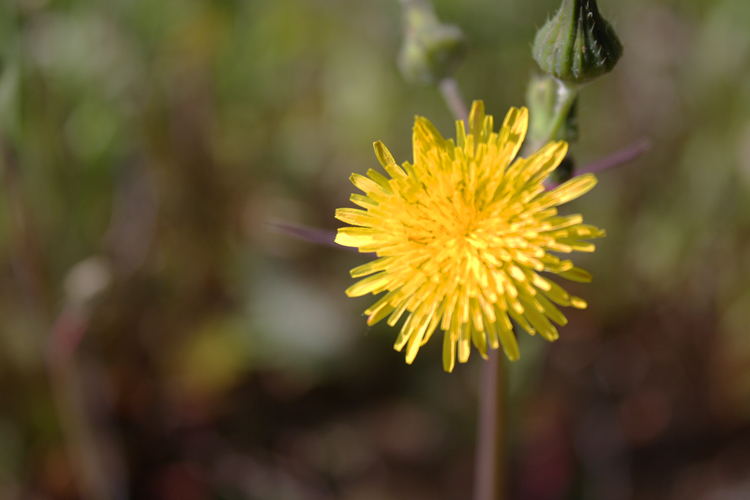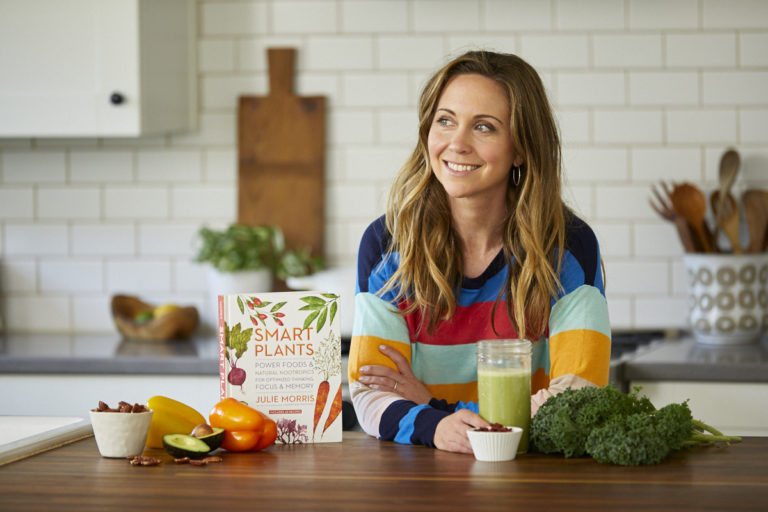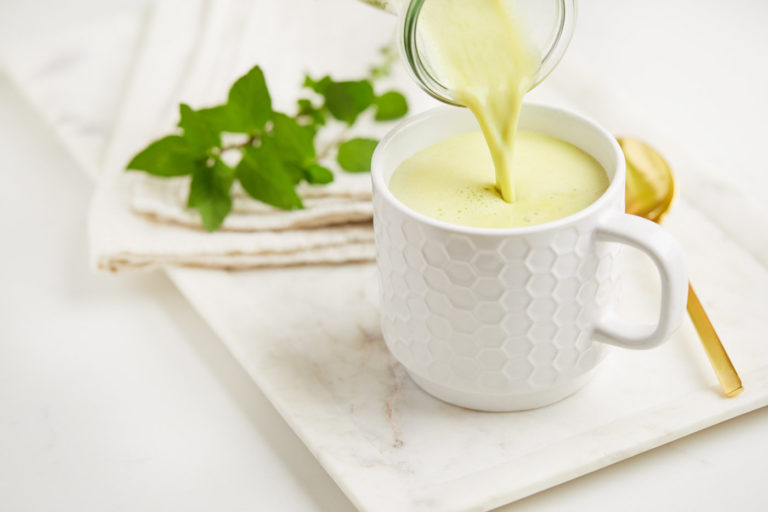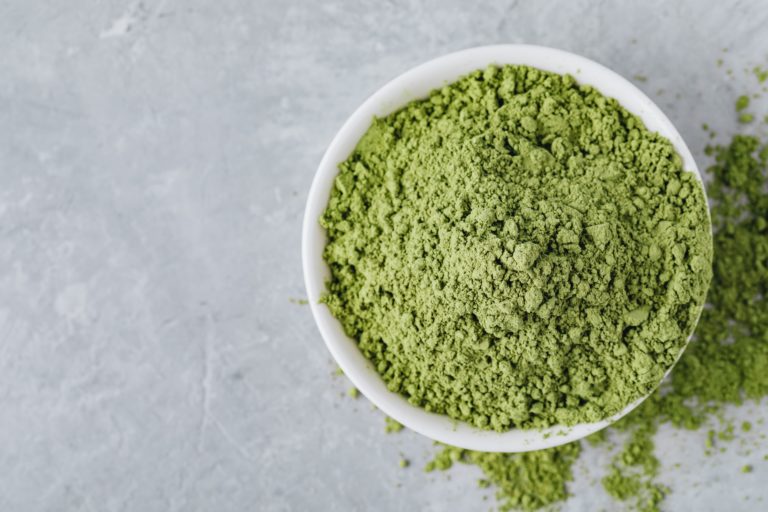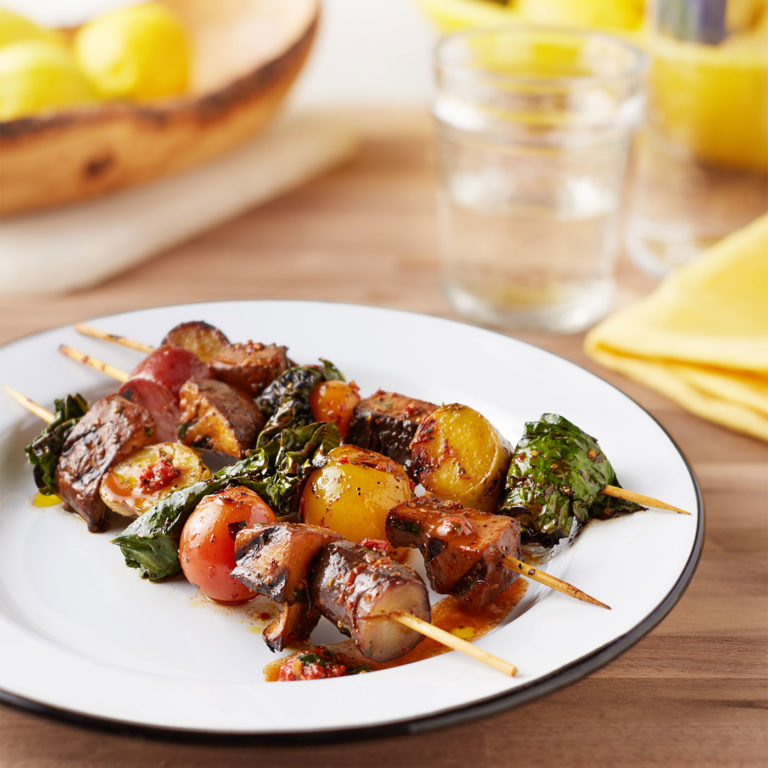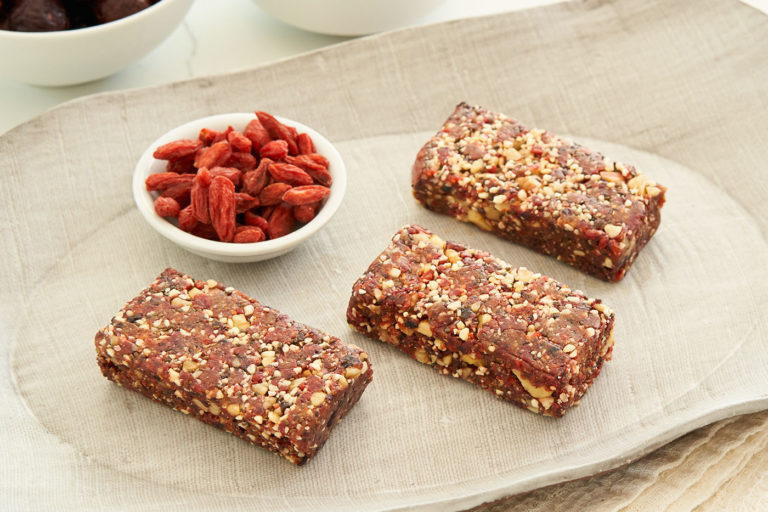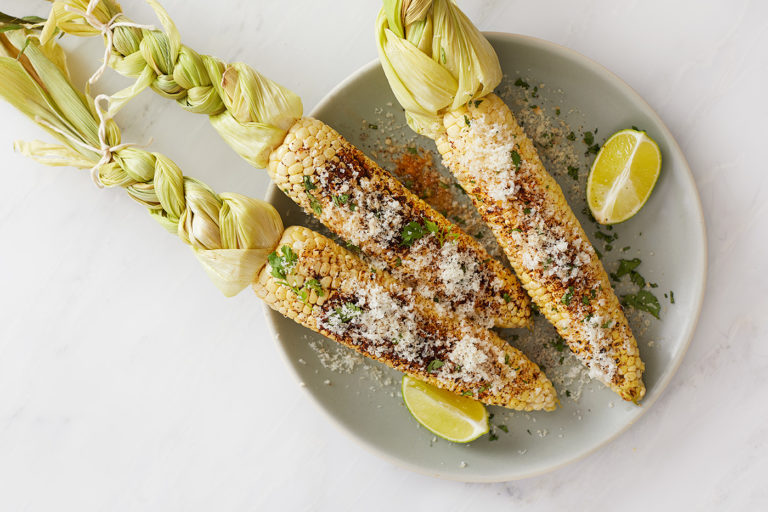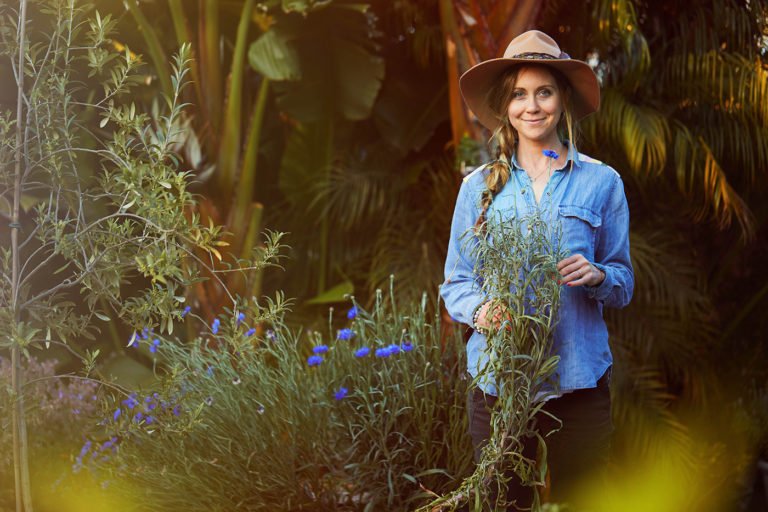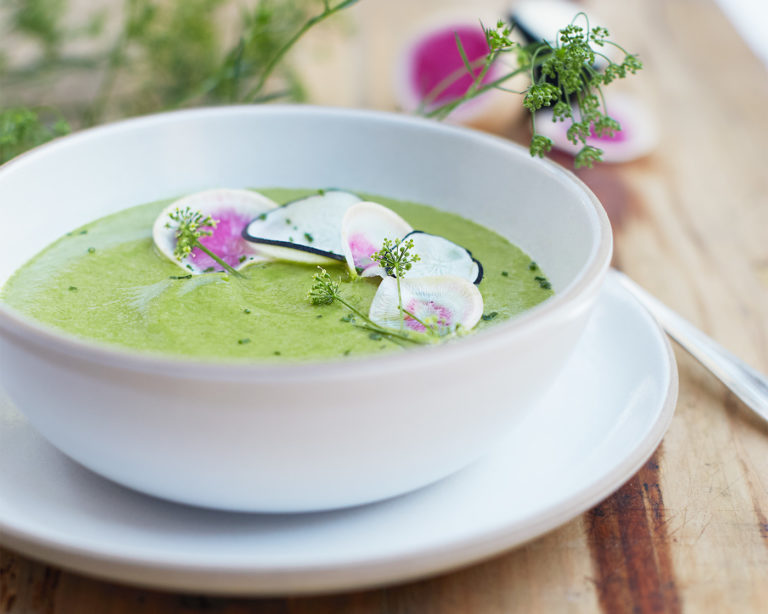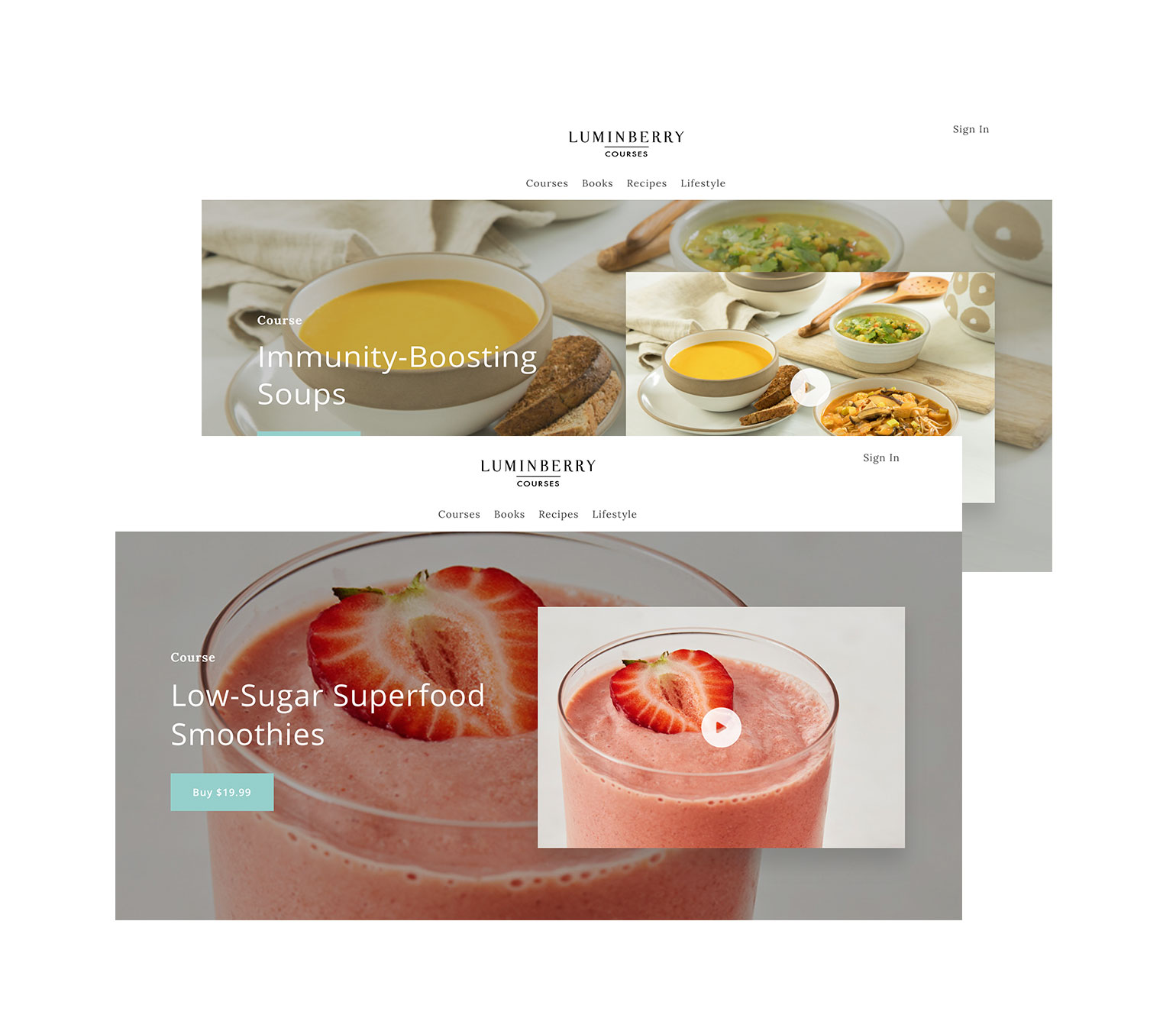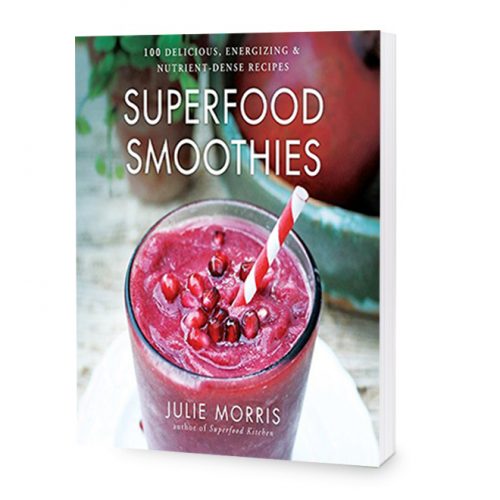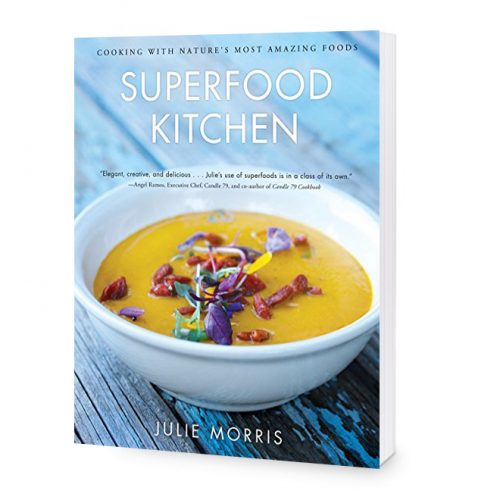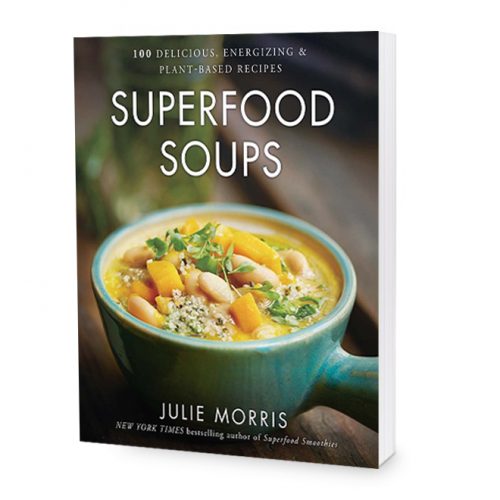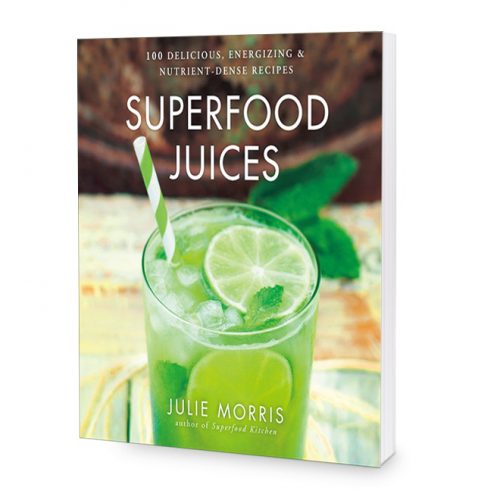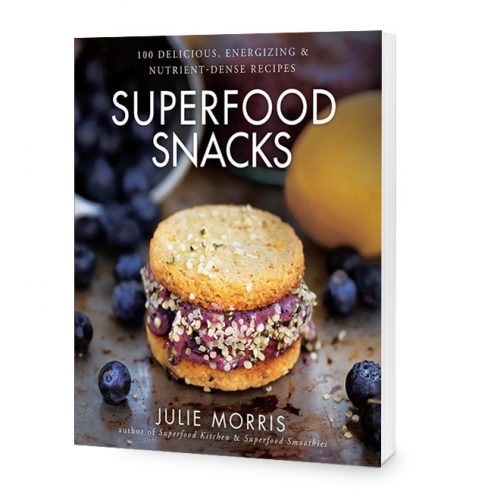Oh yes, it’s that time of year again. Just as all the trees burst forth with flowers, and brilliantly colored buds open wide to catch the warm sun . . . I seem to blossom into a sneezing, watery-eyed, allergic, phlegm-ball. Nature can be so cruel.
Seasonal allergies are the result of excessive immune response to substances that are not normally harmful — like pollen. Daniel Gagnon, the medicinal herbalist for Herbs Etc., puts it well: “Think of it as having a fly in the house. Instead of using a fly swatter to get rid of it, a shotgun is used to dispose of the intruder. You may get rid of the fly, but the damage to the room will be extensive.” The damage Daniel is referring to is the unfortunate result of a stressed out immune system, often leading to compromised immunity and weakened adrenal glands. Annoying sniffles aside, fighting allergies often leaves the body tired and more exposed to new allergies as well as illness.
I like to adjust my diet during this time of year to help give my body some extra support as it goes to battle with the pollen. I strengthen the bodily systems most affected by allergies by using nutrient-rich foods. Because animal fats cause inflammation which exacerbates allergy symptoms, eating for allergy relief is all the more reason to focus on food derived from plants.
Here are some particularly good foods to emphasize:
Apples, broccoli, & blueberries: These have a high concentration of the nutrient quercetin (for the apples, it’s actually in the skin). Quercetin is great for people with allergies, according to National Allergy, as it has been “shown to stabilize the cells that make histamine, which mediates many allergic responses.”
Oranges & bell peppers: Both foods have high levels of vitamin C, which has a special synergistic relationship with quercetin. Vitamin C is also an excellent immunity booster on its own.
Carrots & goji berries: Both foods are extreme vitamin A machines. Vitamin A goes hand in hand with Vitamin C in aiding the immune system.
Nettles: Though many people just take nettles in capsule form, you can also use them fresh, juiced, or dried and steeped as a tea. The Prescription for Nutritional Healing states that nettle “reduces inflammation in the sinus cavities. It is also a powerful antioxidant that helps prevent free radical damage and aids in preventing allergy attacks.” Depending on where you live, you can actually forage wild nettles where they grow like weeds!
Flax, hemp and chia seeds: These seeds have a good concentration of anti-inflammatory Omega-3 oils. Keeping inflammation at a minimum reduces stress within the body.
Long-term dietary support is one of the most beneficial changes you can make to help control allergic reactions. And, with the inclusion of these helpful foods, you and I may just be able to stop and actually SMELL the roses.

